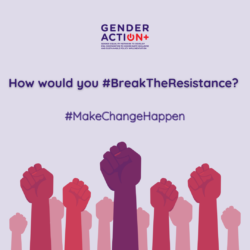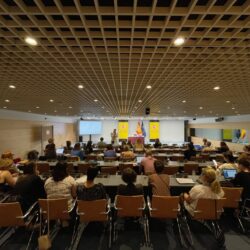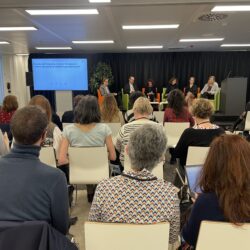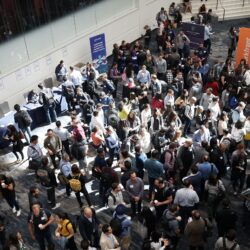GENDERACTIONplus introduces a campaign on resistances
As we prepared for our Mutual Learning Workshop on resistance to gender equality policy efforts, GENDERACTIONplus created a social media campaign on the topic to attract attention and raise awareness of the issue. Our Mutual Learning Workshop brought together members of our two Communities of Practice to learn more about various forms of resistance to gender equality, build competence to react to these resistances, and practice self-care in the face of them. Two months prior to the workshop, we delved into the topic to share and develop knowledge with the GENDERACTIONplus followers on social media. The social media campaign on GENDERACTIONplus’ LinkedIn and platform X accounts aimed to attract attention to the issue of resistance to gender equality efforts in research and innovation and share insights into ways to overcome various forms of resistance. Our goal was to collect thoughts with our stakeholder communities, find like-minded allies, and collect thoughts...










